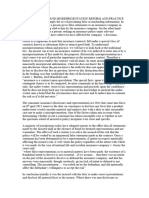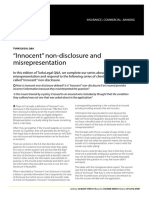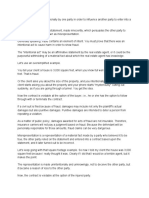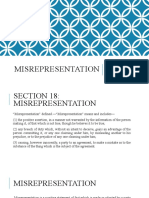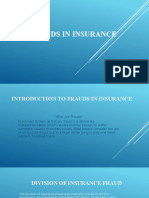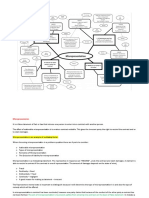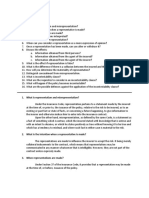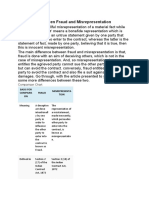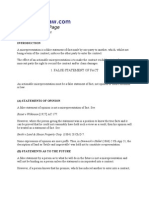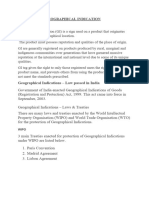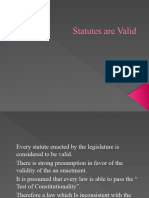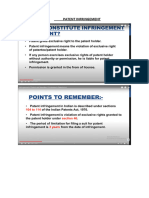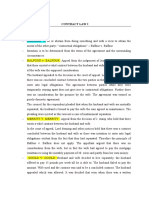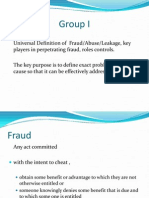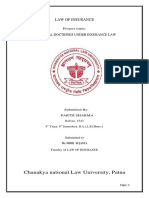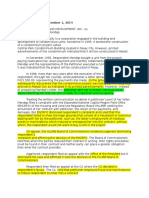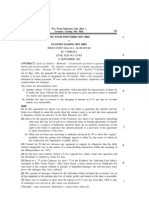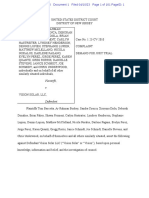0% found this document useful (0 votes)
102 views3 pagesMisrepresentation
The document defines and describes misrepresentation in insurance. Misrepresentation occurs when false information is provided during the purchase of a life insurance policy. There are three types of misrepresentation: fraudulent, innocent, and material. The document also provides an example of a policyholder committing misrepresentation by hiding smoking habits, leading to a rejected claim.
Uploaded by
BHUVANA THANGAMANICopyright
© © All Rights Reserved
We take content rights seriously. If you suspect this is your content, claim it here.
Available Formats
Download as DOCX, PDF, TXT or read online on Scribd
0% found this document useful (0 votes)
102 views3 pagesMisrepresentation
The document defines and describes misrepresentation in insurance. Misrepresentation occurs when false information is provided during the purchase of a life insurance policy. There are three types of misrepresentation: fraudulent, innocent, and material. The document also provides an example of a policyholder committing misrepresentation by hiding smoking habits, leading to a rejected claim.
Uploaded by
BHUVANA THANGAMANICopyright
© © All Rights Reserved
We take content rights seriously. If you suspect this is your content, claim it here.
Available Formats
Download as DOCX, PDF, TXT or read online on Scribd
/ 3




